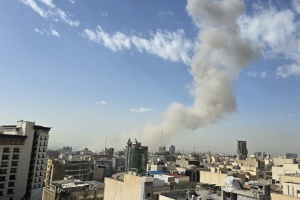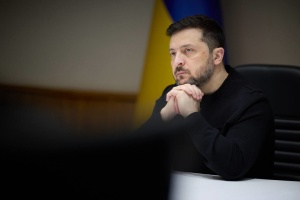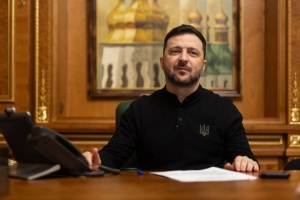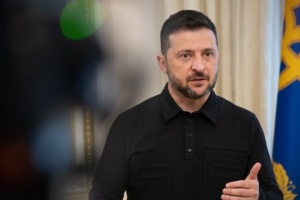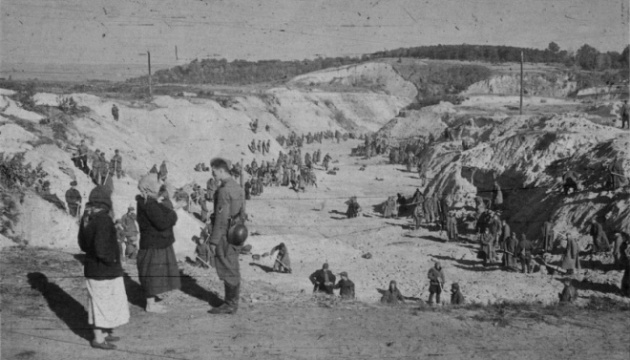
Features of Russian internationalism
“There was no Holocaust in the USSR.” This is not a joke from social media—instead, it is a quote from a source that is considered reputable, by Russian standards. At the same time, the Holocaust was very much present in Ukraine, according to the Russian propaganda, and it was allegedly organized by Ukrainians themselves, who horrified Germans with their cruelty. Moreover, Kremlin propagandists insist, it is still going on, and it is Russians—”Jews of the 21st century”—who are suffering.
The tragedy of the Holocaust in the Soviet Union was concealed. In modern Russia, its successor, it is also ignored.
In 2013, two Russian students participating in a TV quiz show, when asked what the Holocaust was, said that it was a type of wallpaper glue. After the outcry in the media, the girls visited the memorial complex in Auschwitz.
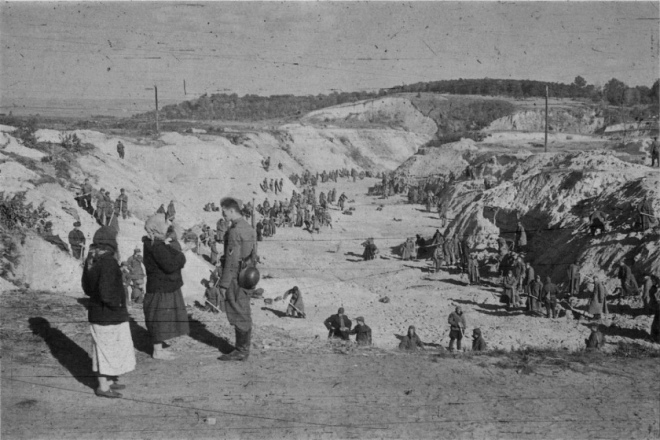
Although, according to Isabella Tabarowski, a senior fellow at the Kennan Institute, it would have made more sense to take them to the sites of mass executions of Jews in Russia. One place to visit could be Zmievskaya Balka (Rostov-on-Don), where, according to various sources, 16 to 18 thousand people were shot to death on August 11–12, 1942. Despite that, local authorities removed a memorial plaque erected in 2004, which recorded that the largest act of genocide in Russia against the Jewish people was committed at this place. Last year, a new plaque appeared at the memorial instead, but this time not indicating the nationality of those shot.
Local Jewish organizations are now demanding its indication in court. According to their data, the number of Jews executed surpassed 27,000. The local authorities respond that not only Jews but people of different nationalities were shot, so the plaque will not be returned.
Russia's state news agency RIA Novosti states that "internationalism lives even in the trenches with the remains of those shot."
The Russian Agency for Legal and Judicial Information took it one step further: “There was no Holocaust in the USSR.” The Nazis only "trained" on the Jews, their real goal was the “genocide of the Soviet people,” or rather the destruction of the Communists.
“The German Nazis considered different scenarios for the use of, and coexistence with, all ethnic groups; even with Jews, they were initially meant to be deported outside the Reich, and business contacts were maintained with many of them. And only the existence of the Bolsheviks, the Communists in any part of the planet was unacceptable to the Nazis. Perhaps due to the perceived similarity of these two political religions ... It was a religious war, where the communism undertook the role of Orthodoxy,” writes Arseniy Shabolov from the Agency for Legal and Judicial Information.
Among other things, Shabolov claims that Soviet Jews allegedly did not identify themselves through their ethnicity, because they were “baptized” into communism. As for their ethnicity, according to the author, it could be “only a source of shame.” Shabolov gives an example when comrades say to an ethnic Jew: “You are all right. You are one of us, you do not look like a Jew in the slightest.” Thus, in his opinion, all the peoples of the "Bolshevik country" merged into one for the common cause.
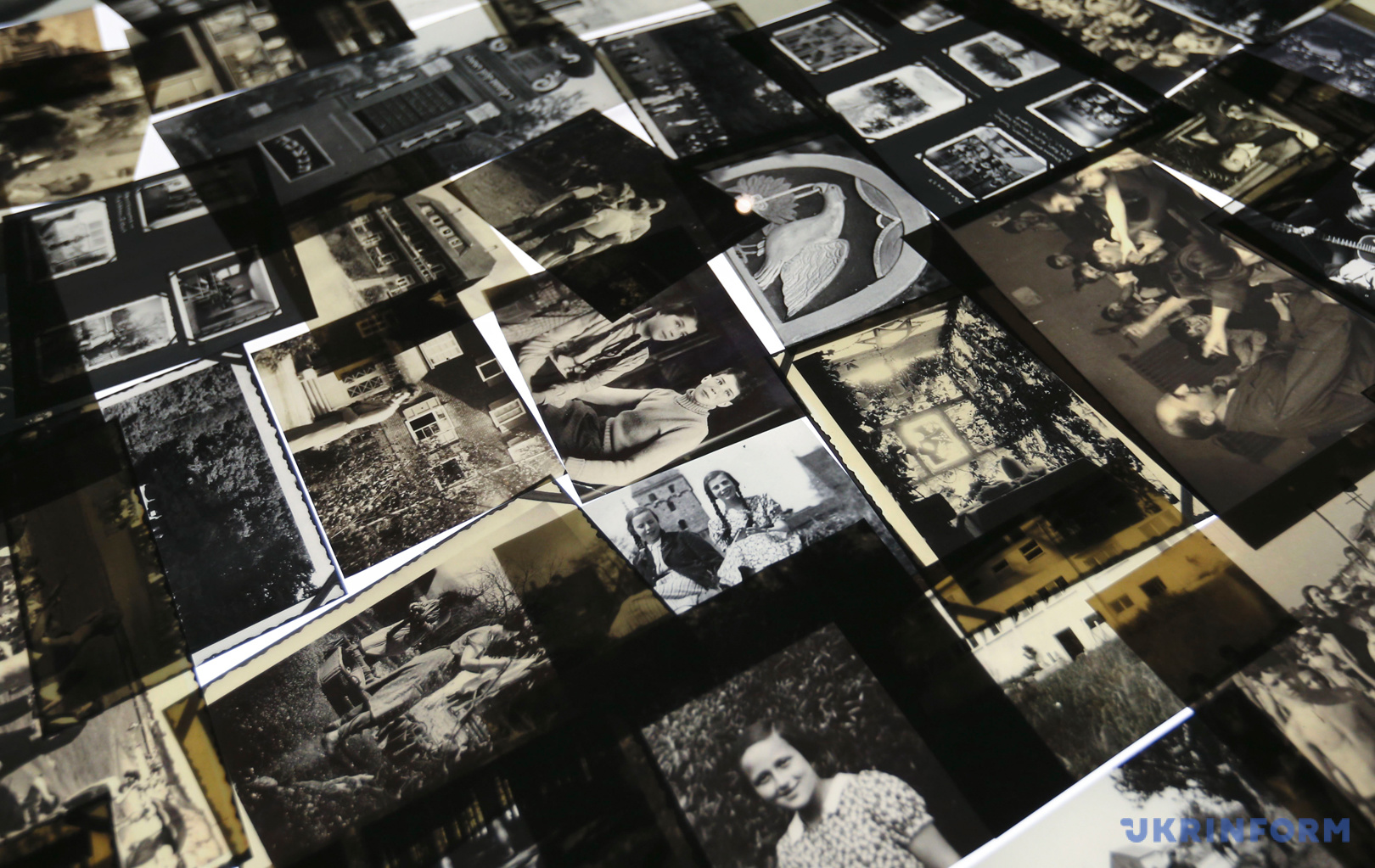
With this rhetoric, Russia is trying to not only silence the tragedy to make sure it does not undermine the officially accepted heroic narrative, but also to refute all the fair accusations of collaboration between the two totalitarian regimes which paved the way to World War II (it is officially prohibited in Russia to mention this fact). Even before the war, the Stalinist regime made terror the norm, accustomed people to “cleansing” on social and ethnic grounds and to living in constant fear, which forced them to become indifferent to other people's troubles.
“Jews did not flee and hide en masse for the same reason: there was no escaping the authorities. What is more, the best and most active ones had already died from the Chekists’ bullets, or were nearing their end in GULAG camps, or fought and died in the Red Army,” wrote historian Serhii Hrabovskyi.
About 97% of Jews who ended up in the German-occupied Soviet territories were killed. This level of losses cannot be compared with any other population group.
The propagandist aspiration to “equalize” all groups devalues the suffering of the Jewish people. It is, in essence, a manifestation of chauvinism. Just like that “internationalism,” when “you are all right, you do not look like a Jew in the slightest.”
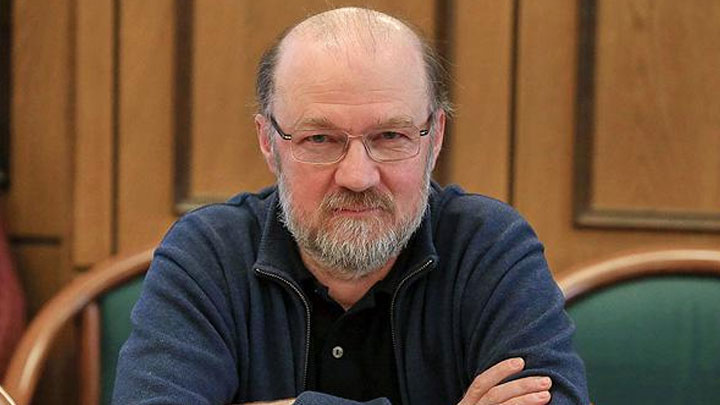
Yet, adviser to the chairman of the Russian State Duma, Alexander Schipkov, believes that during the 20th century, Russians suffered and are still suffering from a genocide worse than the Holocaust, which he calls “Plakha” (“executioner’s block”). According to the Russian politician, its third stage is currently in progress: "It is a destruction of Russians in the territory of Ukraine, the Crimea, Donetsk People’s Republic, Luhansk People’s Republic.”
President of the Russian Institute for National Strategy Mikhail Remizov previously said: “Russians are the Jews of the 21st century! The Russian nation is now being demonized to such an extent that after some time, its destruction will be perceived as the norm.” In response, the TV presenter exclaimed: “Fat chance! The Jews simply did not have their own Donbas at the time! And we do have Donbas!”
This metaphor was first used on Lake Seliger in 2005, when members of the newly created movement “Ours,” dubbed “Putinjugend” by the Russian opposition, were taught: “Russians are the Jews of the 21st century, and this should be taken into account. You have to be tougher, learn to hold rifles.”
Apparently, the Russian version of the hybrid war is based on aggression disguised as protection from an imaginary attack. By marginalizing the memory of the Holocaust at home, they inflate it in every possible way when it comes to neighbors. They also portray themselves as the victims. One such “information frontline at the hybrid war” is the tragedy of Babyn Yar, believes Yosyf Zisels, co-president of the Association of Jewish Organizations and Communities of Ukraine.
“How is the Holocaust in Russia different from the Holocaust in Ukraine or, for example, Belarus? Basically, it is not,” claims Russian historian Oleg Budnitskiy. Although he is a reputable scholar, a leading researcher at the Institute of Russian History of the Russian Academy of Sciences, academic director of the International Center for the History and Sociology of World War II and its Aftermath, and director of the International Research Center for Russian and Eastern European Jewry, this view is a rare exception in Russia.
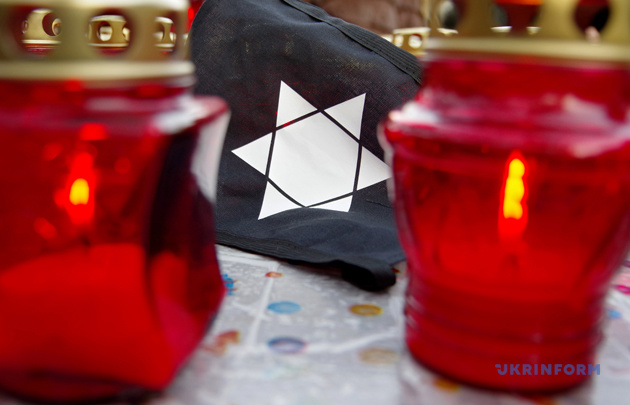
According to the Russian propaganda, the extermination of Jews in the Ukrainian territory was entirely the fault of “banderivtsi,” who were allegedly so cruel that even Germans were horrified and tried to stop them:
"It was Ukrainian nationalists who were particularly brutal in the extermination of Jews during the Great Patriotic War."
"Moreover, they often killed without German intervention, on their own initiative."
“In 1943, when the situation was already precarious and the nationalists’ cruelty crossed every line even by fascist standards, they were somewhat subdued.”
“So, the massacre started once Westerners arrived [in Kyiv]? — Precisely. The witnesses we interviewed heard the Western Ukrainian accent.”
“Notably, out of 1500 vigilantes who defiantly participated in the Kyiv shootings, 1200 were the Bandera group members.”
There is a multitude of facts that can be used to refute these claims, for instance:
- On September 15, 1941, Bandera was put in the central prison of Berlin, and as soon as November, according to the Nuremberg tribunal documents, Einsatzkommandos were ordered to “eliminate all the members of the Bandera movement in Ukraine for their participation in the preparation of a rebellion.”
- The ranks of the so-called “auxiliary police,” where prisoners of war were recruited, were joined by “all manner of Caucasian and Siberian people, Kalmyks, Tatars, Ossetians, Chuvashes, and others.” And they chose the ones with the best boots because there was a shortage of footwear. Not to mention the weapons.
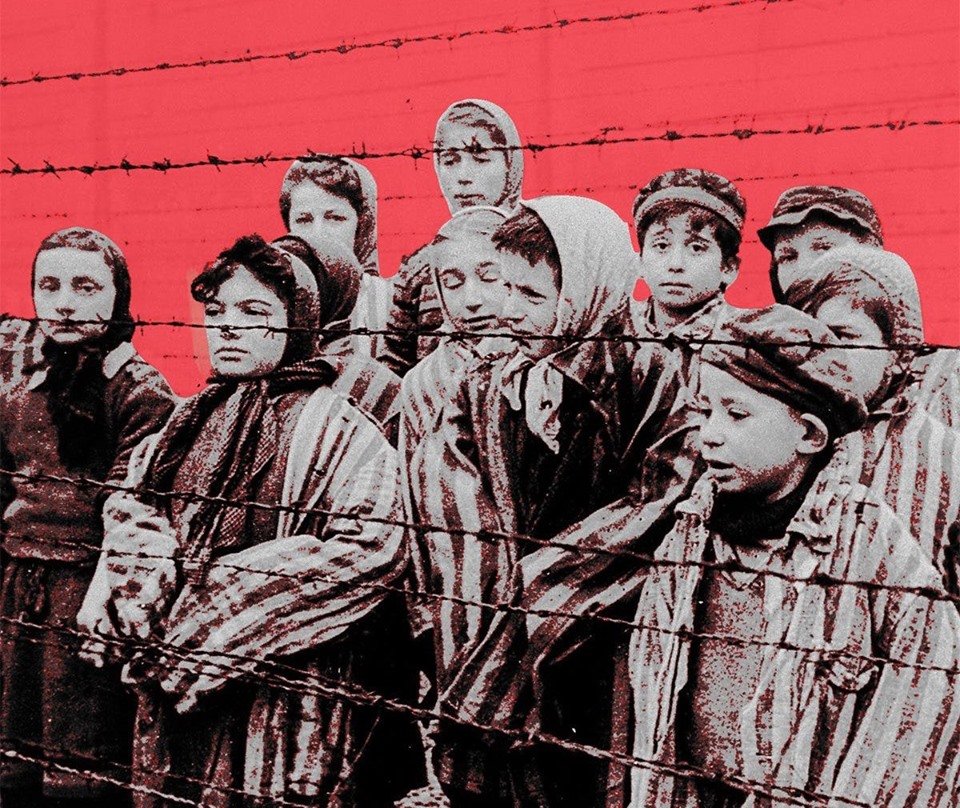
- The “Ukrainian police” of Kyiv, tightly controlled by the Germans, consisted of 300 former Red Army members of various nationalities, armed with thirty rifles with 10 rounds each. This is according to Vitalii Nakhmanovych, a senior researcher with the Kyiv History Museum and executive secretary of the Public Committee for Commemorating the Babyn Yar victims. Those same “Bandera people” explained: “There is no Ukrainian police anywhere. There is only the German police, and Ukrainians serve with them as so-called Schutzmänner.”
- After the war, among those involved in the murders, torture, and abuse in Babyn Yar, there were quite a few Russian last names: Morozov, Bystrov, Kolbasyev, Loginova, Ustinov, Yushkov, Baranov. For instance, the three latter buried seven people alive and beat them with iron shovels. Morozov “killed people with a stick, buried them alive... took off the victims’ clothes, sent them home, and his wife would sell them.”
- The Katyn massacre, which, according to historian Norman Davis, was later cynically concealed when the memorial in Khatyn was erected, to cause confusion.
However, on “the other side,” it is already officially prohibited to discuss contentious and controversial issues related to World War II. They effectively announced their infallibility. By their logic, they can compare virtually anything to the Holocaust, including “pressure on Russian-language media,” or call the project to create a center for rehabilitation after psychological trauma in Babyn Yar, particularly for ATO participants, “Nazi-fication.”
According to the Russian propaganda, a good Ukrainian is only the one who bows in the face of bullets. A Ukrainian who defends his land is a Nazi. “Because Babyn Yar,” they say—no other evidence needed.
Center for Strategic Communication and Information Security

